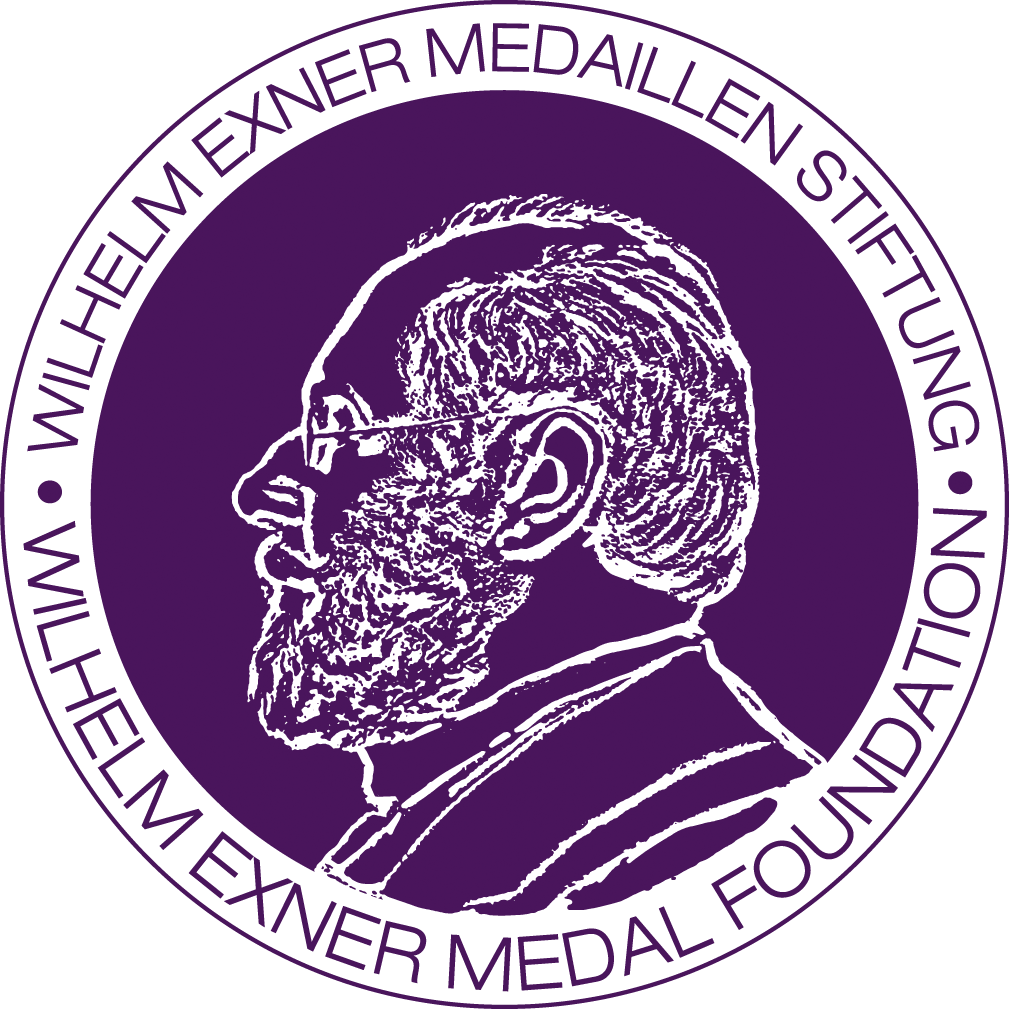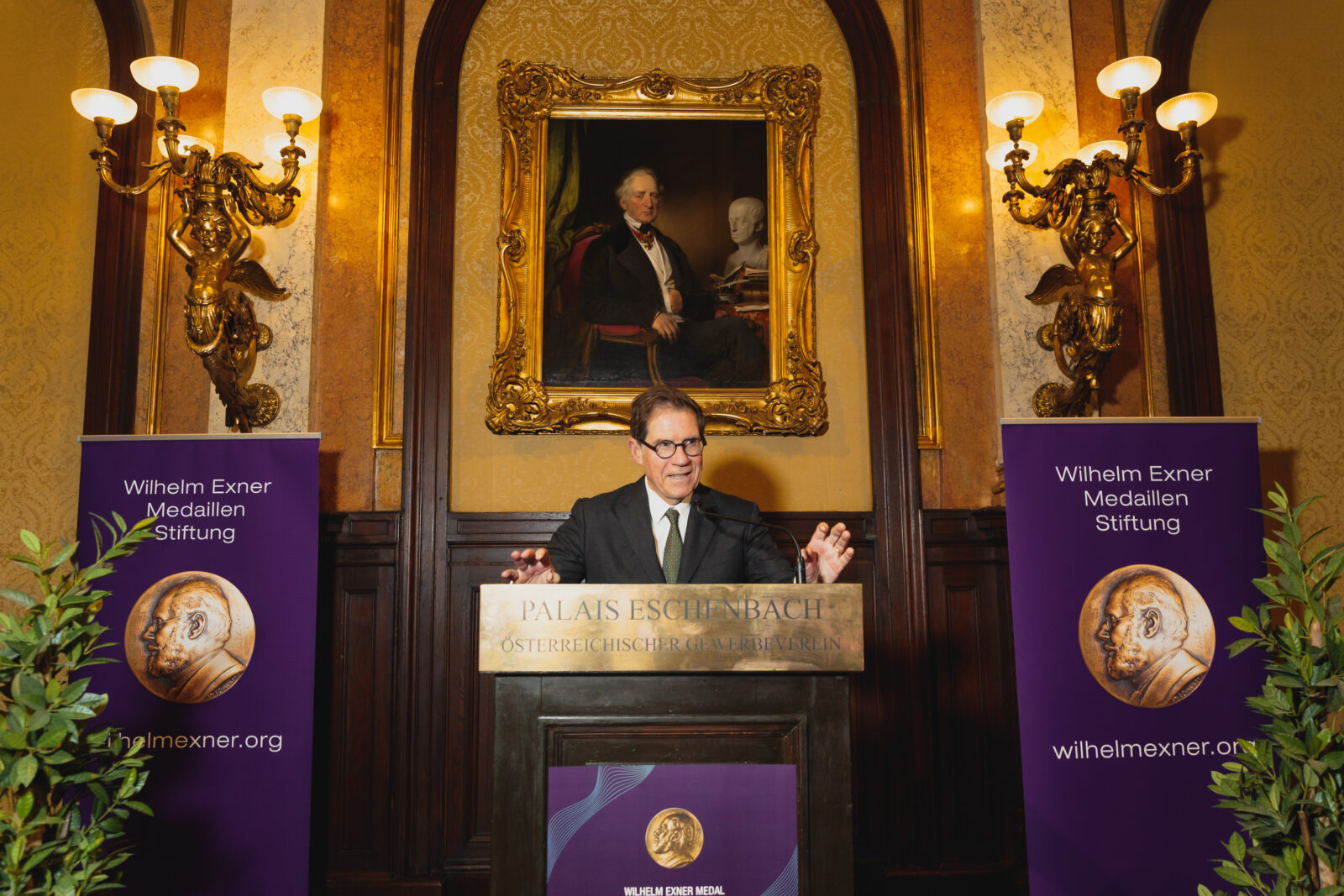Biological, chemical and societal engineering for all-round innovation
Innovation thrives when diverse minds are empowered with freedom, support, and a work atmosphere that encourages their creativity. By fostering radical kindness and collaboration, we create environments where early-career researchers dare to tackle challenges they originally would have avoided. This approach has driven numerous breakthroughs in thelab itself—from protein complex analysis and human genetics-based identification of drug targets to a precision medicine platform and membrane transporter research.
Membrane transporters, critical interfaces between chemistry and biology, regulate chemical access to biological systems. The systematic study of these molecules led to a biotech startup developing drugs that regulate their function. The aim is to unlock insights into disease and the flow of matter across ecosystems by understanding and controlling chemical traffic, while advancing a “One Health” perspective in biomedicine.
Giulio Superti-Furga (CeMM Research Center for Molecular Medicine of the Austrian Academy of Sciences, Center for Physiology and Pharmacology, Medical University of Vienna)


